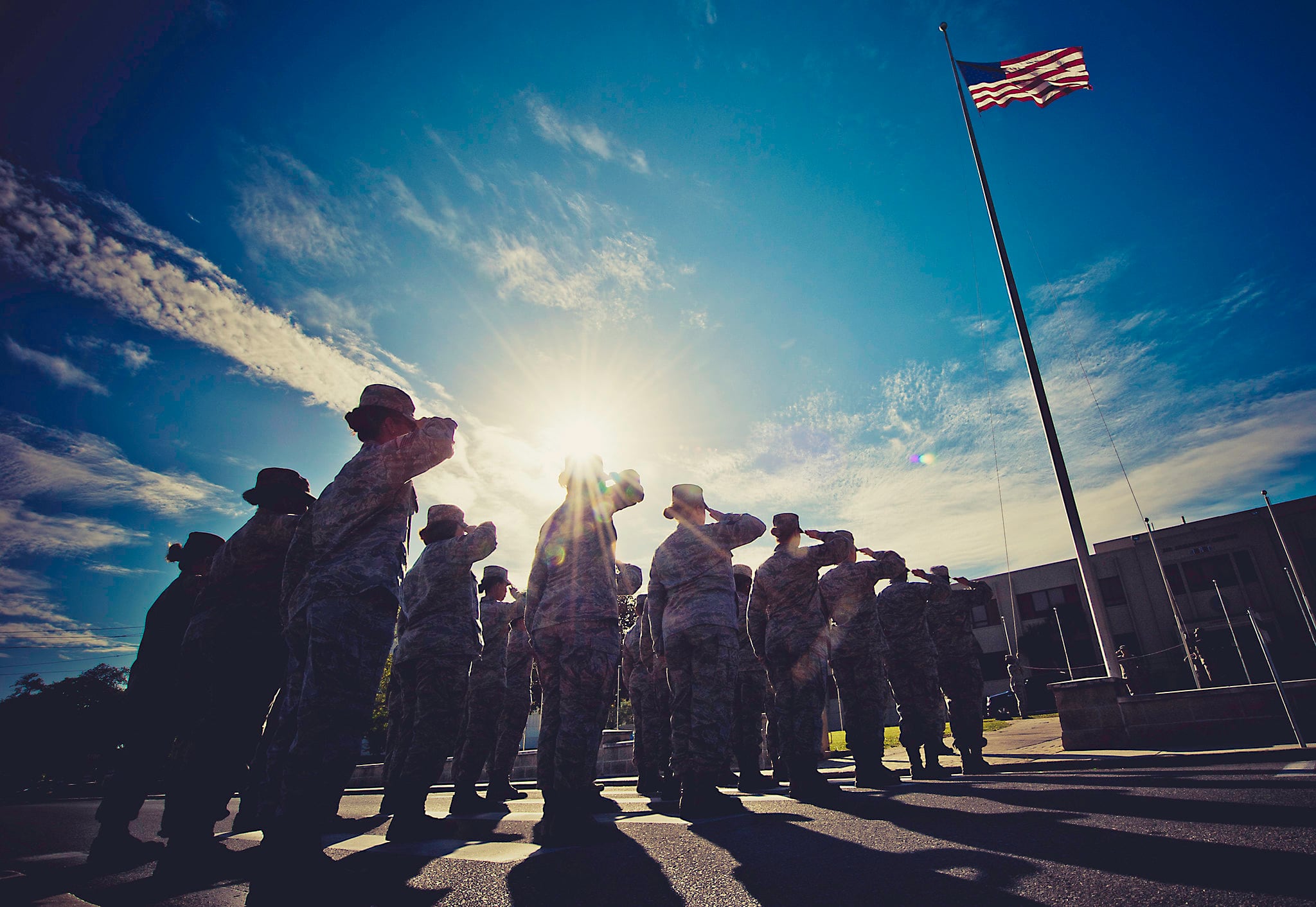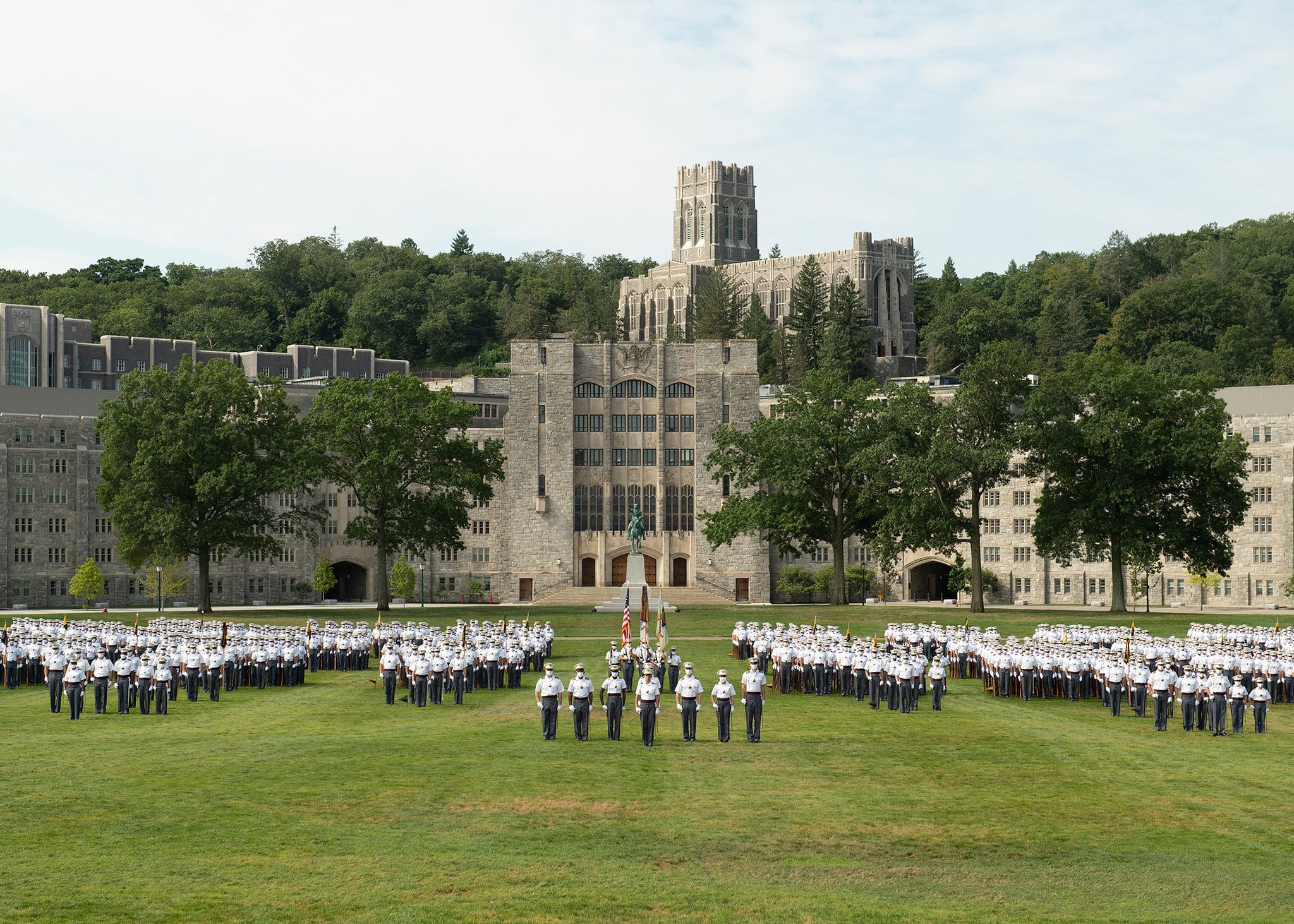Academic institutions pride themselves on a diverse set of backgrounds and experiences within their faculty and staff. The U.S. Military Academy at West Point (USMA) is not any different. In fact, one of the department’s recruiting pages for prospective faculty states, “We seek officers from all backgrounds and make a distinct effort to ensure that not all of our instructors come from the same colleges, commissioning sources, or branches. We maintain a faculty with a diverse set of backgrounds and experiences and having officers from ROTC and Officer Candidate School is important for the development of cadets at the U.S. Military Academy.”
Citing officers as the first qualification for these highly coveted rotating faculty positions disallows similarly qualified applicants from across the force to apply. By doing so, the U.S. Military Academy misses a massive opportunity to expose cadets to a truly wide range of backgrounds and experiences in the classroom. Cadets being taught by highly qualified and equally educated non-commissioned officers (NCO) and warrant officers would present a range of positive implications across the force and beyond the classroom.
Diverse set of backgrounds. Eighty-two percent of the active duty U.S. Army is made up of enlisted soldiers from across economic, regional and educational backgrounds. Additionally, racial and ethnic diversity is most pronounced among the enlisted population. Closing off even the most qualified of this population limits both the diversity and experiences of potential incoming faculty. From a military experience perspective, these diverse backgrounds also create a strong learning environment. Strategy execution is important and NCOs on the ground possess the most diverse set of experiences the Army has to offer. If you want to better understand how physical barriers shaped the pattern of violence in the tactical battle space of central Baghdad during the surge in 2007, then ask someone who was responsible for carrying out the strategy. Naturally, junior officers play a key role in this experience, which is not to be ignored. However, after attending graduate school to academically refine and reflect on lessons learned, an NCO or warrant officer can just as readily bring these unique insights to the classroom as well.
RELATED

Affect positive stereotypes of NCOs among cadets and junior officers. Selecting enlisted faculty to teach academic courses gives cadets the opportunity to start off their careers on the right foot with a more holistic appreciation of what NCOs can bring to the table — from battle drill 1A to discussing international relations theory. Imagine a cadet walks into their first day of their “Combatting Terrorism” course to find a senior NCO standing at the front of the class. As the class begins, cadets are mystified. The instructor is weaving together their experiences as a tactical intelligence analyst in the Middle East with academic literature they absorbed while attending a top graduate program studying international security policy. The cadets quickly realize that NCO’s can bring intellectual value beyond being tactically and technically proficient. This presents an incredible opportunity for future platoon leaders and platoon sergeants to interact and build cohesive teams in an academic environment increasing the likelihood that cadets seek out guidance from their NCO counterparts while building a strong partnership as leadership teams in the future.
NCO Reserve Forces are increasingly educated and could supplement the academy’s teaching staff with a breadth of differing view-points and experiences. Reserve forces bring a unique blend of military and private sector experience. Oftentimes, the civilian experience of a reservist is decoupled from their rank and many highly qualified NCOs also work in coveted joint billets, have executive private sector experience or work in high level positions within the U.S. government or even international organizations. The U.S. Military Academy at West Point already utilizes reserve officer soldiers regularly for teaching, research and staff assignments. If an enlisted or warrant reservist has the required graduate degree, skills and experience to teach at West Point, there should be no barrier to entry for that soldier to teach cadets — despite their commissioning status.
This change would be evolutionary, not revolutionary. The Army’s NCO guide Training Circular 7-22.7 states that “Every Soldier has a Sergeant. Officers are no exception” and “NCOs accept as an unwritten duty, the responsibility to instruct and develop Second Lieutenants.” Putting NCOs in the classroom — beyond a military instruction capacity — is a positive nod towards our increasingly qualified and educated enlisted force. It also provides the opportunity for junior officers to gain the experience and skills to listen to the expert advice of their NCOs. These ideas and concepts are not new to the army but instead acknowledge and embrace the many ways that the United States military is evolving to a more educated force across the rank structure.
The US Air Force Academy is doing it. In March of this year, the first non-commissioned officer was assigned to the Air Force Academy as an accredited academic faculty instructor.
Even if the academy were to remove the officer requirement when selecting from the top, most-qualified service members to educate the next generation of our officer corps, the vast majority of those qualified would still be officers. But, there would absolutely be NCOs and warrant officers among the most qualified applicants, too. Let’s open the door to this possibility. West Point can continue to select the most qualified candidates to teach, but with an eye to truly embracing the most diverse and experienced instructors for students and our future officers. The Army will be better for it.
Tara Heidger is a senior NCO who recently completed two graduate degrees at Columbia University, where she studied international affairs and post-conflict urban planning. She is a 2017 Pat Tillman Scholar and has a vested interest in the outcome of this commentary.
Editor’s note: This is an Op-Ed and as such, the opinions expressed are those of the author. If you would like to respond, or have an editorial of your own you would like to submit, please contact Military Times managing editor Howard Altman, haltman@militarytimes.com.




